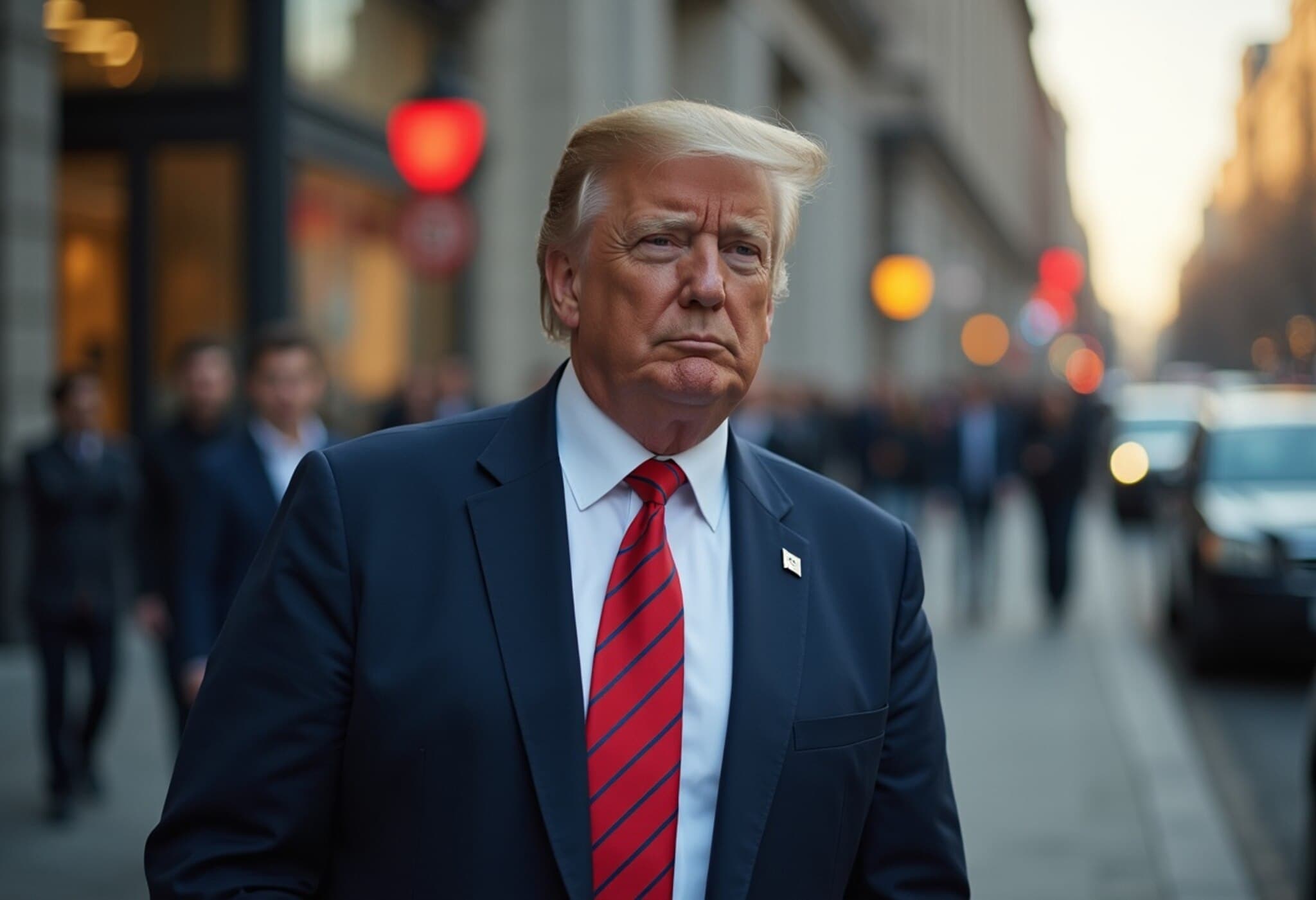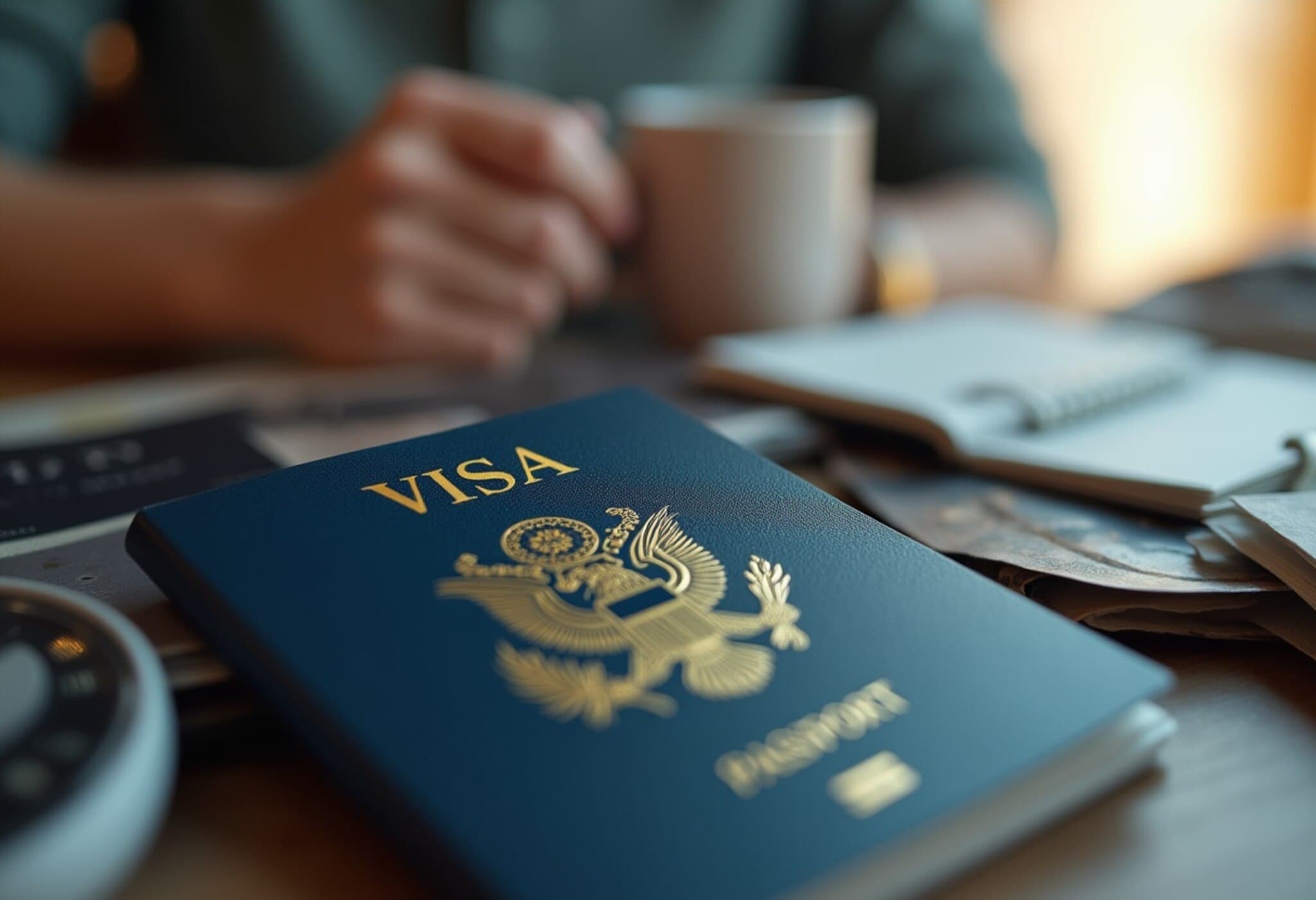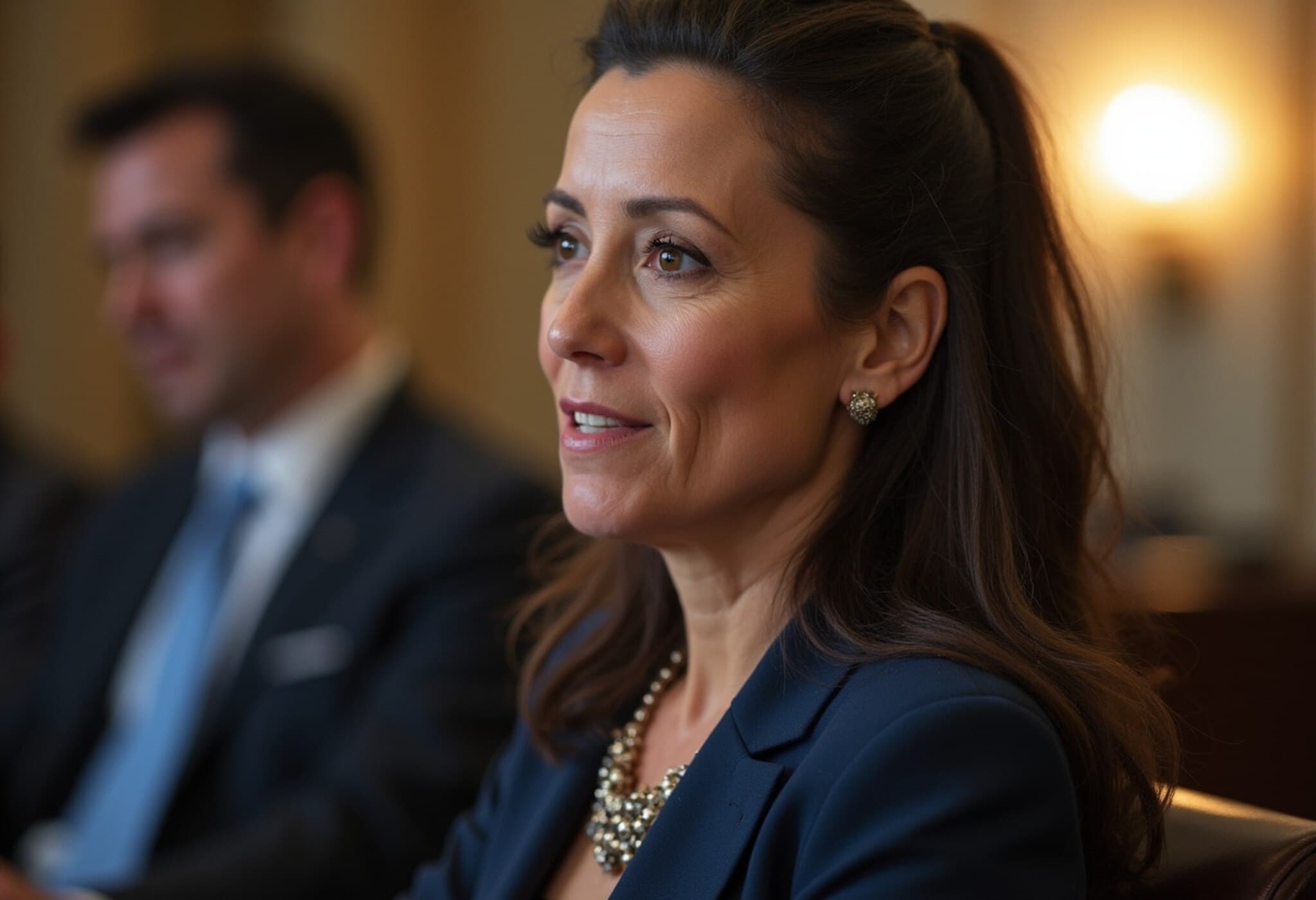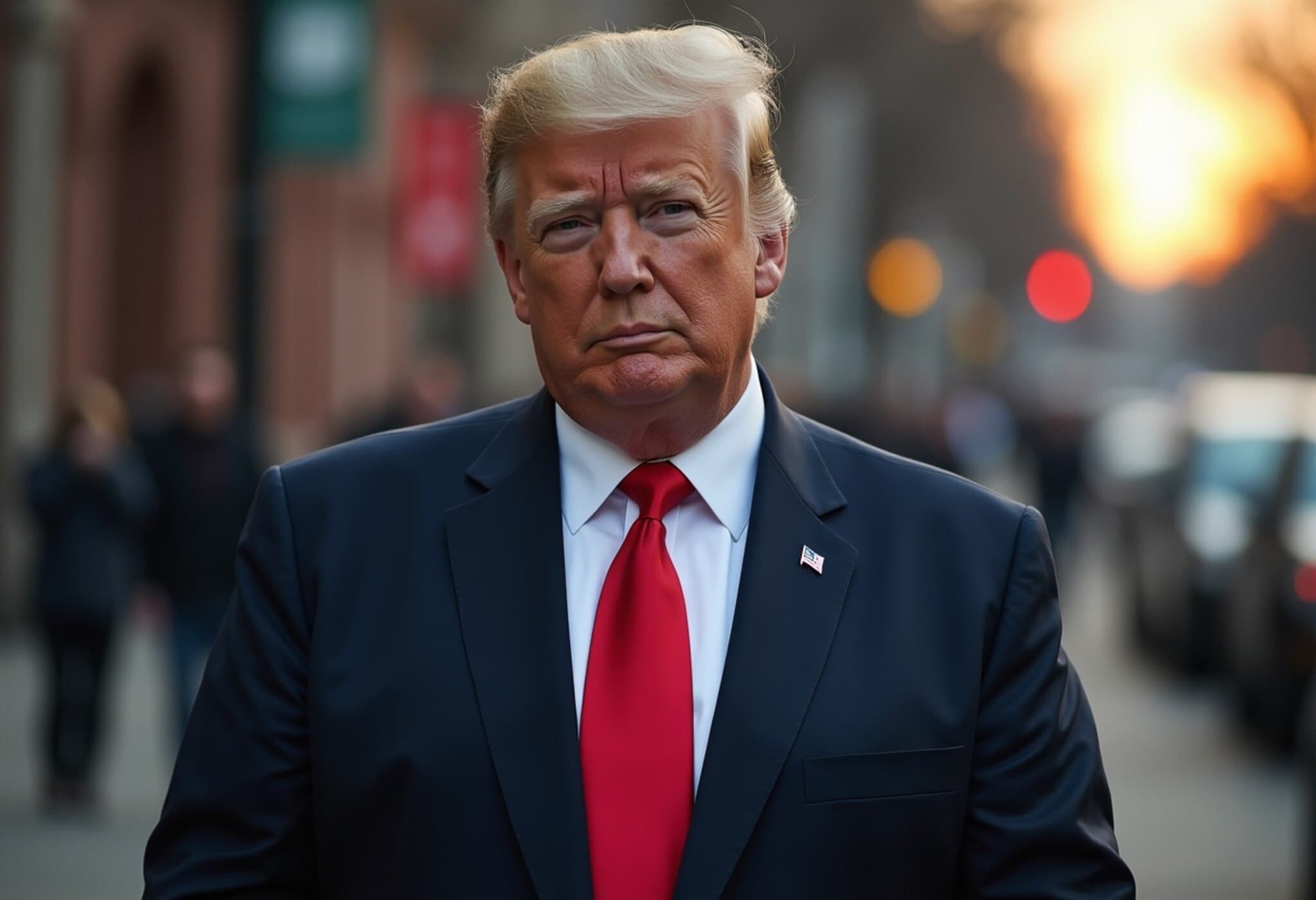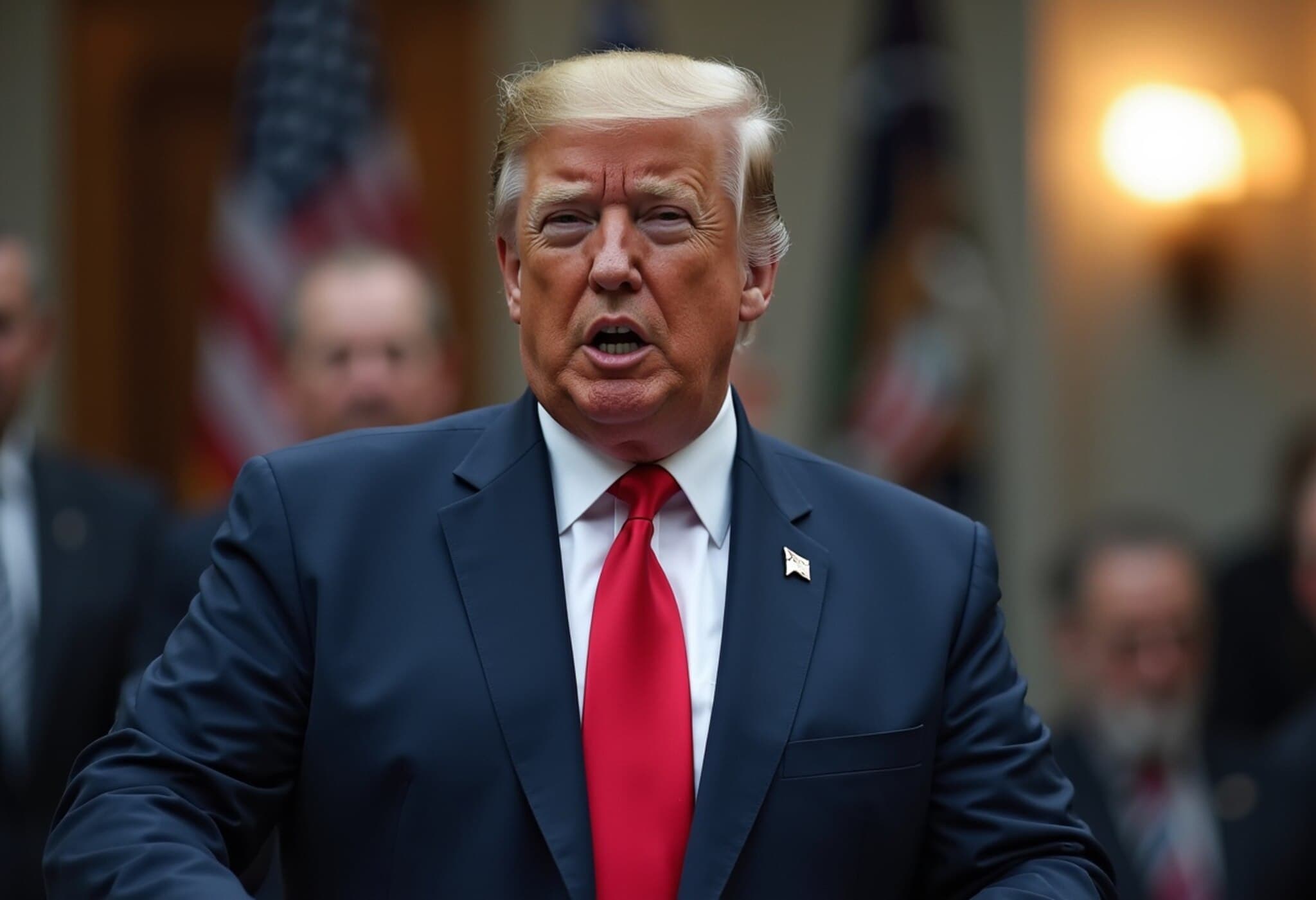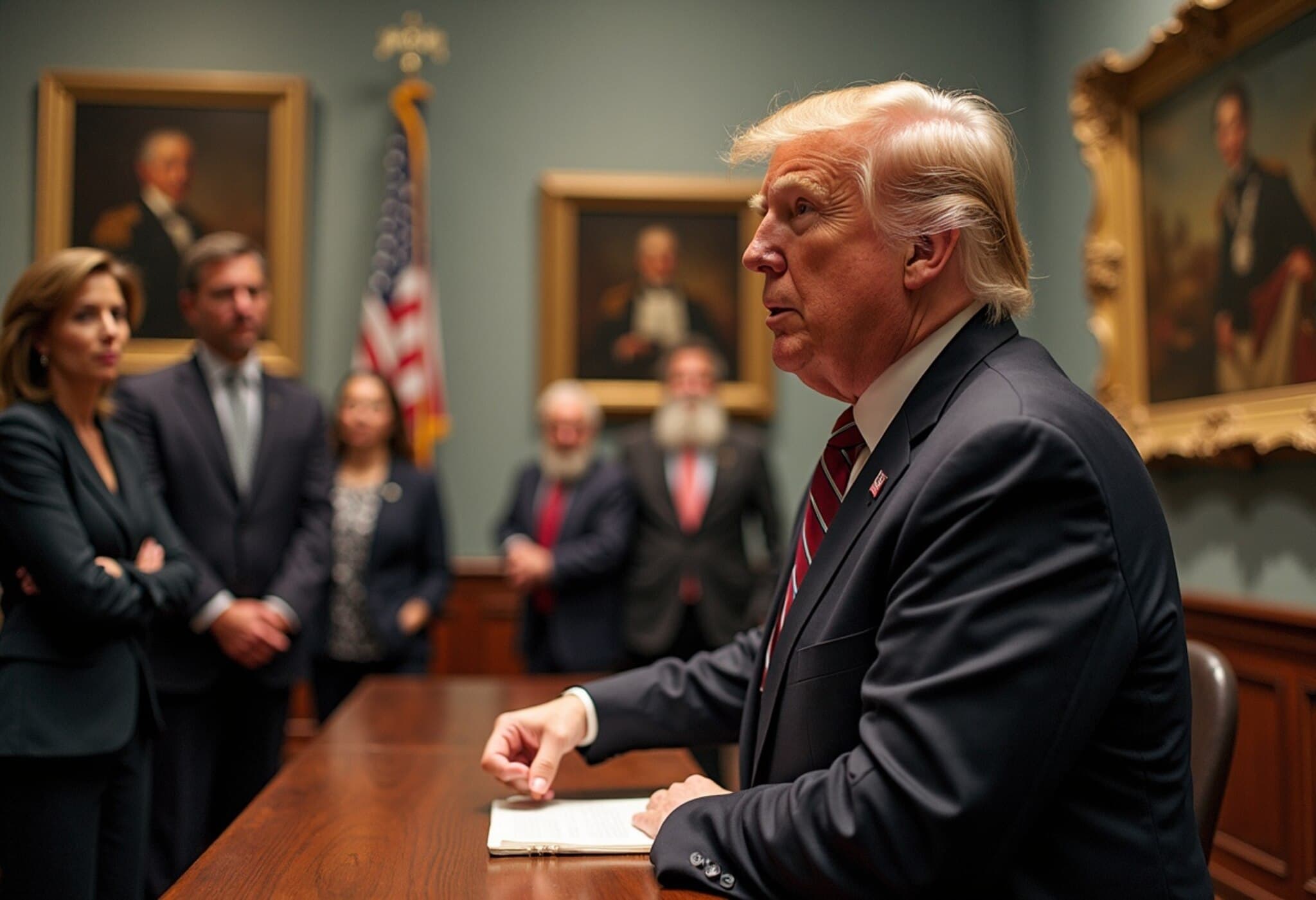US Department of State Launches Sweeping Visa Review Affecting Over 55 Million Holders
In an unprecedented move signaling a significant shift in American immigration oversight, the US Department of State has announced a comprehensive review of more than 55 million foreign nationals holding valid US visas. This extensive vetting aims to identify individuals who may have violated immigration laws or pose security risks, potentially leading to visa revocations and deportations.
According to official statements, this continuous vetting initiative does not just target new applicants but reaches deep into the existing pool of visa holders, including individuals already residing in the United States.
Strict Measures Lead to Thousands of Visa Cancellations, Including Student Permits
Since the commencement of this crackdown, roughly 6,000 student visas have been revoked, reflecting the administration’s hardline stance on immigration compliance. These cancellations stem from verified cases of overstays, criminal offenses, and associations with security threats.
A spokesperson from the Department of State emphasized, “Visas are revoked whenever there are credible indicators of ineligibility—this encompasses overstays, criminal convictions, threats to public safety, terrorism-related activities, or support for designated terrorist organizations.”
Incorporating Social Media into the Vetting Process
Adding a new dimension to background checks, US Citizenship and Immigration Services (USCIS) has expanded scrutiny to include applicants’ social media activity. The agency announced it will actively review online posts for signs of "anti-American activity," signaling a broadened interpretation of security threats.
Matthew Tragesser, a USCIS spokesperson, remarked, “America’s immigration benefits are a privilege, not a right. We will continue to implement rigorous screening measures to identify and exclude individuals espousing anti-American ideologies.”
From Policy to Practice: The Real-World Impact
The Trump administration's immigration policies, initially aimed at targeting dangerous criminals, have expanded into broad enforcement actions affecting thousands daily. Recent nationwide raids at workplaces such as restaurants, farms, and construction sites underscore this intensified scrutiny and enforcement.
- Nearly 4,000 visa revocations resulted from confirmed legal violations like assault, DUI, and overstaying.
- A reported 200 to 300 visas were rescinded due to terrorism-related links or supporting terrorist groups.
- Mandated in-person interviews have become nearly universal, adding layers of complexity to visa applications.
This escalation in post-issuance monitoring represents a strategic pivot in immigration control, emphasizing both security and ideological loyalty.
Contextualizing the Crackdown: Legal and Societal Implications
Experts note that while the government’s focus on national security remains paramount, the extensive scope of visa reviews raises critical questions about privacy, due process, and the definition of "anti-American" behavior. Moreover, the targeting of student visas impacts educational institutions and international students contributing significantly to the US economy and cultural diversity.
Legal scholars caution that continuous vetting without transparent guidelines may increase risks of wrongful visa revocations and undermine America's reputation as a welcoming destination.
What Lies Ahead?
As this wide-reaching policy unfolds, stakeholders from immigration advocates to educational leaders are urging the government to balance enforcement with fairness and clarity. There is growing debate about how these rigorous measures might affect diplomatic relations, workforce dynamics, and the broader values that shape America’s identity.
Editor’s Note
This substantial visa crackdown underscores the Trump administration’s intensified focus on strict immigration control that goes beyond traditional security concerns, extending into ideological vetting via social media. While national security remains a legitimate priority, the breadth of this policy invites reflection on the balance between safety, civil liberties, and America’s role as an immigrant-friendly nation. Readers are encouraged to consider the nuanced consequences—both intended and unforeseen—that such a sweeping enforcement approach might have on individuals, communities, and the nation’s global standing.

